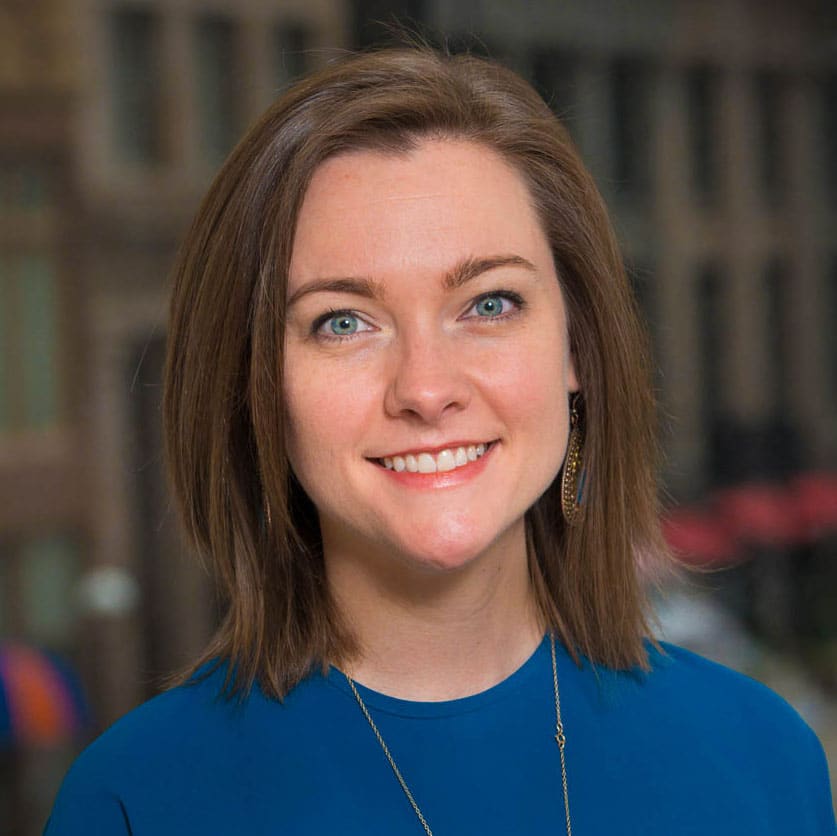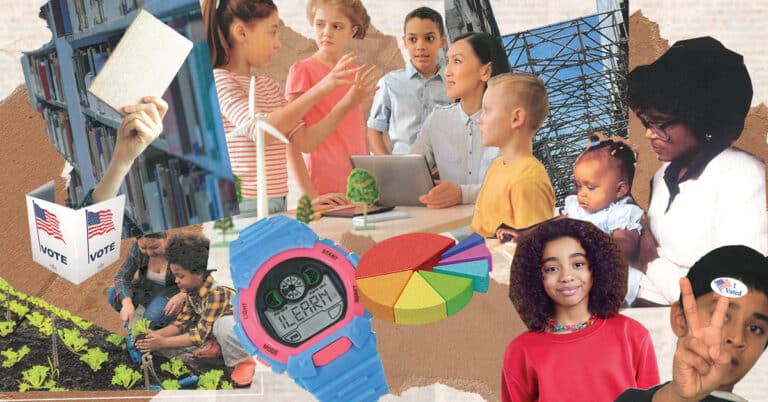In strategic foresight workshops, we sometimes run an exercise called Assumption Reversal. We ask participants to list facts that have always been true in their setting or in the education system. People’s lists include facts such as, “children learn in a school building,” “teachers teach content” or “race is a determining factor of educational outcomes.” We then ask participants to articulate the opposite: “children do not learn in a school building,” “teachers do not teach content” or “race is not a determining factor of educational outcomes.” People often balk at the alternatives, believing that they are impossible, even in the future.
Assuming the future
We are currently living through a global examination of our assumptions. Some of what has always been true remains true in this moment of crisis. Some of what we previously held as being set in stone was in fact written in sand. Either way, we are receiving a daily reminder of a core tenet of strategic foresight: there are no facts about the future. What has always been true might not continue to be true. That can be a jarring and painful realization, particularly when we consider what we have lost and wish we still had. However, it can also be the foundation for renewed hope and a sense of possibility. If the future is not a fixed point, it is ours to create.
Making assumptions about the future is natural and necessary. We assume that things will remain mostly the same, though we may account for changes that we see coming or that we intend to initiate ourselves. We project our past experiences and circumstances to create a mental image of what the future will be like. Doing so allows us to avoid being overcome by uncertainty and to make decisions and plans. However, we can easily forget that we have made assumptions at all because they are often validated; very rarely do circumstances shift as rapidly and drastically as they currently are. Making assumptions about the future is not a problem, but believing that they are facts can be.
Making assumptions about the future is not a problem, but believing that they are facts can be.
Thought processes in examining our assumptions
As we consider how to respond to this moment and make plans amid uncertainty, we would be wise to examine our assumptions about the future. Doing so can help us prepare for possibilities that are different from those we expect and can help us imagine what we might want to create that is different from what exists today. Consider this thought process:
- What do you expect will be happening six months from now, as it relates to education?
- What evidence do you have to support those expectations? Remember, we do not have concrete data about what will happen, but we can look to trends and to our and others’ plans and actions to discover hints about what might unfold.
- What might happen instead? Allow yourself to consider seemingly far-fetched possibilities. Remember that schools across the country being closed would have at one time seemed far-fetched.
- What evidence do you have to support the notion that the alternative is possible? You are not looking for evidence that it will happen but rather that it could. If you do not have any evidence that your alternative is remotely possible, consider another one.
- What do you hope will happen?
- What evidence do you have to support the notion that your aspiration is possible?
The future will always surprise us, but whether it overwhelms us relates to how willing we are to recognize that we are making assumptions, to examine them and to be flexible about how strongly we hold them. If we leave room for the idea that what we think will happen might not come to pass, we can prepare for a range of possibilities and consider how we might create what does not yet exist. If we hope to live in a future that is very different from the present, we must first allow ourselves to believe that it can be.
As part of our Futures Thinking Now series, we’ve provided tools for uncovering hidden implications of changes.







